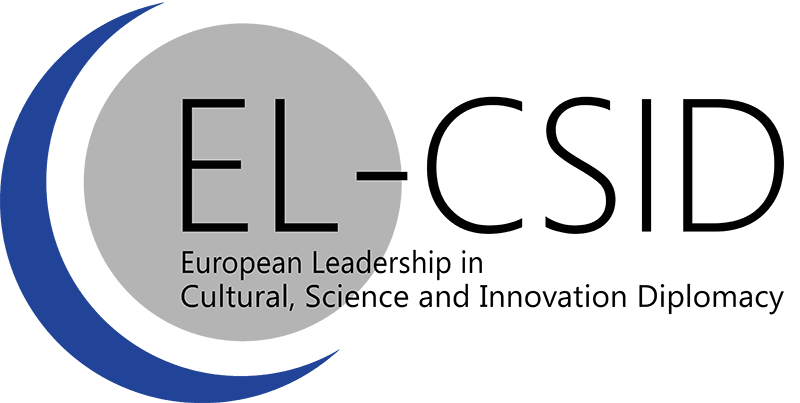What is necessary for effective EU leadership that can promote (inter) regionalism in Science and Cu
- Ana B. Amaya and Stephen Kingah (United Nations
- 25 mei 2016
- 3 minuten om te lezen

The European Union (EU) has cooperated with other regions of the South since its inception. While trade and the provision of development aid have been highly visible, there is also a long tradition of exchanges in science and cultural diplomacy (SCD), either as a union or via its member states.
However, beyond recognising that these types of diplomacy are taking place, how can we measure the extent of its effectiveness in fostering regional integration or regionalism? The framework developed by Van Langenhove and colleagues composed by the three elements of willingness, capacity and acceptance has been used in a wide variety of policy fields to assess the performance of regional organisations and in comparative analysis between regions. In the report titled “Requirements for Effective European Union Leadership in Science and Cultural Diplomacy on (Inter) Regionalism in the South”, published this month, we use this framework to determine the effectiveness of European Union leadership in SCD in promoting formal regional and inter-regional processes with regard to three regions: Africa, Southeast Asia and South America.
These three regions were selected for several reasons. Among these: the engagement with the EU on SCD for several decades, the existence of mandates within their regional bodies on SCD (although to varying degrees) and their use of SCD. Furthermore, this type of analysis supports policy implementation by providing evidence on which policies are working, those that need to be reframed or those that are not working and should be discontinued. This not only allows prioritisation of policies but promotes better use of available resources.
Regarding willingness, or the inclination of a regional organisation to act, the analysis was focused on three categories: the inclusion of SCD in EU treaties, secondary legislation or critical policy documents of the Union; the presence of visionary and committed leaders especially in some of the EU Member States who promote the leadership of the EU in SCD; and finally the desire of EU institution principals and organs to take the lead in the area of SCD.
Conversely, in this framework capacity is expressed as the ability to get the job done. In order for this to take place, it is necessary to have in place skilled and engaged professionals in SCD (such as scientists, writers, inventors, among others); the financial resources to do this channeled through research and cultural initiatives; as well as the existence of institutions and agencies that work on SCD.
Finally, acceptance or recognising that SCD is important is critical for these activities to be effective. This is related with the legitimacy assigned to the EU as a leader in SCD, which is dependent on the diffusion of policies, ideas, values, and other elements from EU agents to other regions of the South. This was evaluated by assessing the existence or not of a committed citizenry that promotes SCD (among these individuals, NGOs, the media or professional and epistemic groups); buy-in from politicians whether local, national or regional parliamentarians; and the recognition of the EU’s leadership in SCD by other regional organisations.
The main findings of this report demonstrate that in relation to willingness, SCD goals and agenda should be made more visible in specific trade deals and also in the EU’s overall security, climate change and trade strategies in as much as foreign and security policies are concerned. In terms of capacity, there is a case to be made for greater coordination of the research and cultural bodies of the various member states and within the EU to avoid the duplication of efforts. There are a multitude of projects in which the EU is involved with other regions of the South but these efforts frequently seem dispersed, lacking a strong foundation, which makes it unclear how all of these initiatives can be channeled and mobilised to serve the strategic foreign policy goals of the EU. Finally, acceptance is the area that seems weakest, with greater efforts being necessary to demonstrate the importance and benefits that can result from SCD to the EU leaders and importantly, the citizens as well.
These initial findings, demonstrate that while much is being done in the EU in the area of SCD with other regions of the South, some gaps in knowledge still remain. For example, how can SCD serve as a tool for other inter-regional processes such as free trade agreements (FTAs)? How can aspects of SCD support the development of capacities in regions of the South? What works and does not work in SCD incursions between regions? And how can SCD improve the EU’s standing as a global leader? These are all issues that will be further explored by work package 5, led by UNU-CRIS, in the EL-CSID project.

























Opmerkingen